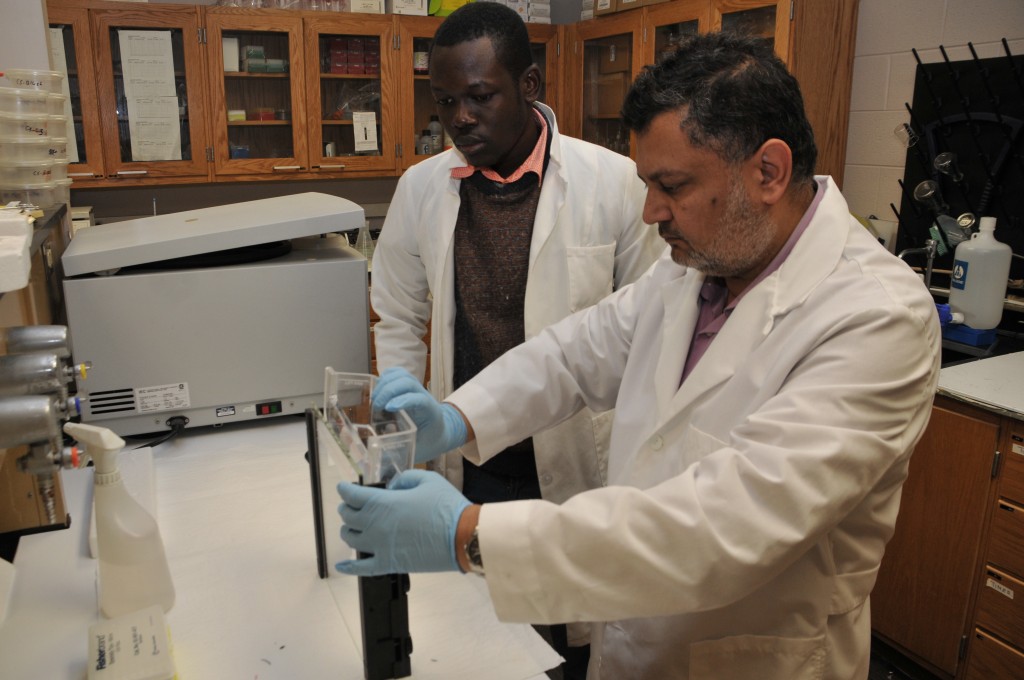By Charlie Morrison
NASHVILLE, Tenn. (TSU News Service) – Tennessee State University College of Agriculture research scientists recently secured grant funding from the U.S. Department of Agriculture’s (USDA) National Institute of Food and Agriculture (NIFA). The five different research grants come as part of the national agency’s recent $30.8 million investment into all 19 of the country’s 1890 land-grant HBCUs. The grant awards for TSU range from $449,000 to $600,000 in total. The grants will fund projects on topics such as nitrogen management in cover crops, climate-resilient urban forests, drinking water sanitation management on poultry farms, artificial intelligence, the impact of dietary fiber on gut microbiota, and much more.
Associate Professor of Urban Forestry Dr. Yujuan Chen said these grants will enhance the college of Agriculture, and a specific grant tailored to forestry will fuel the nation’s future scientists.
The grant Chen is referring to will fund a project titled, ‘Growing Future Climate-resilient Urban Forests from an Equity Perspective.’
“This grant will significantly strengthen TSU’s urban forestry program by enabling cutting-edge research in climate-resilient urban forests, heat equity, and community needs, especially for historically excluded populations,” Chen said. She also noted that the grants will enhance partnerships with USDA agencies, other universities, and the private sectors.
“In particular, it will allow us to establish a long-term urban forestry research site … which will provide numerous opportunities for urban forestry-related research, education/teaching, and extension activities and have long-lasting impacts on diverse stakeholders in the region and beyond.”
TSU’s agriculture faculty members Dr. Ying Wu, Dr. Pramir Maharjan, Dr. Anjin Chang, Dr. Resham Thapa, and Dr. Yujuan Chen were all part of securing grants as part of the funding. Each of the five grant awards will fund research projects for approximately three years, beginning this spring through 2027.
The investment, made through NIFA’s 1890 Institution Teaching, Research, and Extension Capacity Building Grants Program, will support groundbreaking research for the College of Agriculture on all aspects as faculty and students can address some of the nation’s most pressing agriculture challenges.
For all HBCU land grant institutions, nearly 70 research projects were funded through the grant awards, designed to “build 1890s’ capacity for teaching, research, and Extension activities including curriculum design, faculty development, student recruitment, and retention,” according to a USDA press release.
To learn more about the College of Agriculture, visit https://www.tnstate.edu/agriculture/.






